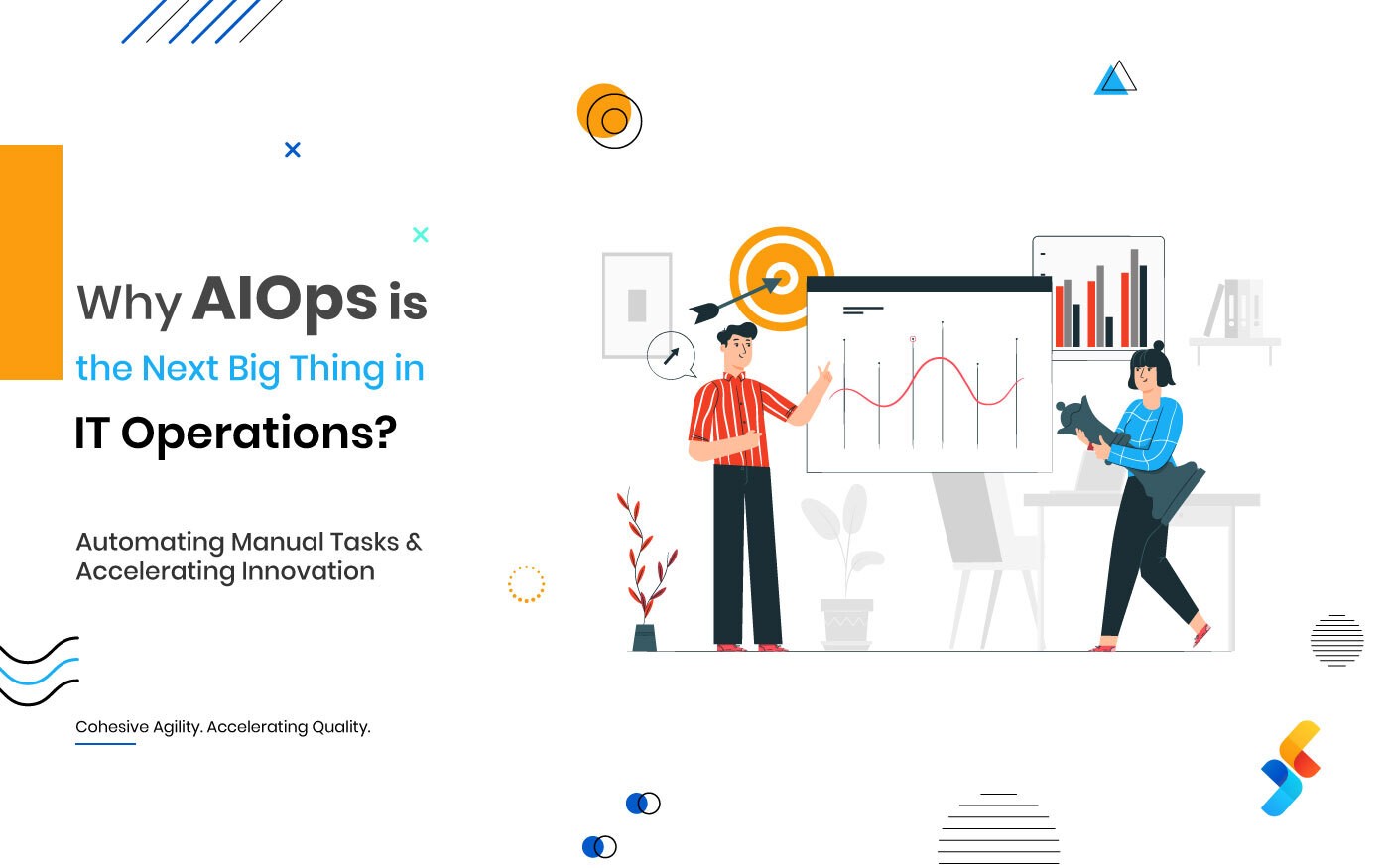- Big data helps brands enhance emotional marketing by targeting customer sentiments and their personas. It enables a better understanding of how customers feel at various touch-points, ultimately winning loyalty and retention.
- Customer satisfaction score is a crucial element in elevating customer experience. Through big data analytics, engagement channels can be built optimally efficiently and transparent so that customers spend less time looking for support.
- Data collected alongside a customer journey can predict trends related to the current demand and future needs. This reduces the risk of market swings and deliver better experiences to customers under any circumstances.
- Big data extend the benefit of personalization by using data points vital to the user experience based on past purchase patterns. This includes personalized ads, product recommendations, and services that benefit them the most.
The Game-Changing Power of Big Data Analytics
In today’s digital and hyperconnected environment, data analytics offers companies a comprehensive view into the inner functions of their business, customers, and requirements. It facilitates a thorough examination of everyday business operations, how goods and services are processed, and what employees and customers look for.
Big data is transforming the competitive landscape, fundamentally raising the bar for customer experience. Irrespective of the market, the amount of data generated by every commercial-customer exchange is rising steeply. This generous information collection offers organizations benefit of valuable insights into customer conduct and preferences, enabling them to provide custom and rich customer experiences across all touch points.
Using Data to Transform Customer Experience
Big data is a vital force in modernizing the customer experience. In today’s consumer-driven environment, taking advantage of big data is no longer merely a selective edge but an essential technology to stay ahead in the digital world. Organizations can access insightful facts about market trends, customer behavior, and operational performance by considering large amounts of structured and unstructured data. This then permits decision-makers to make sound choices based on facts instead of instinct. With the help of data-based decision-making, productive efficiency, risks, and outcomes can all be improved.
By utilizing the potential of data analytics, firms are reshaping how they relate and provide service to their users. Personalization is now commonplace in the global market, and enterprises must build stronger ties and longer-lasting relationships with users by extending a greater experience and improved satisfaction. Moreover, companies are now getting increasingly aware of the revolutionary advantages of big data analytics to introduce new products, optimize operations, and secure a competitive advantage on the global stage.

Customer Behavior Analysis
With the use of big data analytics, organizations can easily assess immense amounts of customer data such as purchase records, internet usage, social media engagement, and demographic details. Advanced analytics strategies allow them to gain a comprehensive understanding of consumer behavior, considering individual tastes, interests, and shopping habits. With this knowledge, companies can personalize their products, services, and marketing efforts to suit consumer demand, thus providing more suitable, personalized experiences.
Hyper Personalization at Scale
Businesses can move beyond generic, one-size-fits-all approaches and deliver personalized experiences to individual customers at scale. Companies can create detailed customer profiles and develop sophisticated recommendation engines by combining customer data with machine learning algorithms. These engines can provide personalized product recommendations, content suggestions, and targeted marketing campaigns, enhancing customer satisfaction and increasing conversion rates.
Real-time Analytics and Insights
Big data analytics facilitates real-time observation and examination of user interactions across multiple platforms. By taking advantage of streaming data and executing real-time analytics, businesses can capture and process customer information as it is produced. This allows organizations to quickly answer to user requirements, solve live difficulties, and offer instantaneous contentment. For instance, e-commerce firms can take advantage of real-time analytics to identify cart abandonment trends and initiate computerized tailored emails to convince customers to complete their purchases.
Improved Customer Service
By using big data, companies can augment their customer service capacity by taking advantage of understandings drawn from customer facts. Enterprises can identify difficulties, patterns, and general trends by studying past customer interactions, sentiment analysis, and behavior evaluations. This insight enables companies to take a pre-emptive approach to customer issues, streamline support operations, and increase the general service grade. Furthermore, through the utility of big data analytics, businesses can bring on board chatbots and virtual assistants to render instantaneous reactions to customer queries, optimizing the customer experience further.
Trends making big data bigger
Demand for real-time insights is propelling the adoption of data analytics into the customer service. Companies are leveraging technology that can promptly assess and study data whenever created, allowing quick replies to customer requests.
Artificial intelligence is pivotal in large-scale complex organizations. Machine-learning algorithms are being tapped to evaluate massive amounts of customer information, trace trends, and give immediate proposals customized to an individual’s precise demand.
Sentiment analysis is increasingly essential in understanding and escalating customer satisfaction rate. Extensive data analytics allows businesses to investigate online media, customer appraisals, and comments to understand consumer opinion better.
As data privacy matters become essential, organizations emphasize ethical usage for upgraded customer service. With rules such as GDPR, companies embrace transparent and responsible methods of collecting, storing, and analyzing client data.












